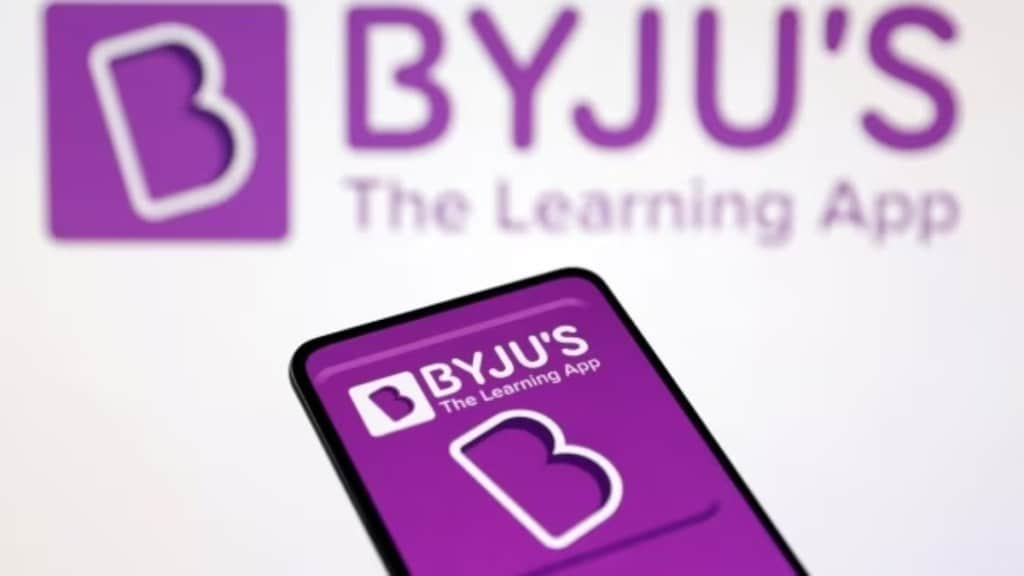Byju Raveendran, founder and CEO of the troubled edtech firm, Byju’s on Tuesday addressed the senior leadership team outlining the various challenges the company was facing. He said that the issues would be addressed and Byju’s will come out as a winner in the next three months.
“A true entrepreneur is a war leader. What Byju’s is going through can only be seen as a war on multiple fronts against all odds,” he is said to have mentioned during the meeting.
Sources said that Raveendran discussed five challenges before the company. The first is the litigation surrounding term loan B (TLB). He said this challenge should be resolved after the sale of Epic, which is a subsidiary of Byju’s in the US. That sale will also help manage the liquidity crunch the company is currently facing.
The second challenge is the notice received from the Enforcement Directorate. Raveendran clarified that the notice relates to procedural deficiencies under Foreign Exchange Management Act and that most of these issues have already been addressed.
The third challenge, according to him, relates to the closure of the ongoing FY23 statutory audit, which is on track to be completed soon.
The fourth challenge was the litigation surrounding the Davidson Kempner (DK) loan raised against Aakash Educational Services (AESL), which has now been resolved with Ranjan Pai taking over the loan. He also said that Aakash is now set for a promising admissions season.
The fifth challenge is about tackling resource optimisation to achieve profitability at the group level. Here, Raveendran emphasised the importance of finding ways to mitigate the impact of these cuts on the business and called on each team member to play a vital role in maintaining business momentum.
Byju’s needs Rs 500-600 crore in cash by March to settle outstanding employee dues, vendor payments, tax department obligations and BCCI dues. The company is confident in raising this amount through asset sales or by pledging its holdings in Aakash or Think and Learn, sources said.
Raveendran emphasised his commitment to transparency, stating that he no longer sugarcoats his words. He acknowledged that BYju’s has not overcome all the challenges and is not yet back to its previous state, but assured the team that the company is on the comeback road with a realistic and effective professional team at the helm.
He said that the challenges before the company became stronger around June-July, and he could have easily given up at that point. However, he refused to take the easy way out.
Raveendran said that he was saddened by the layoffs but unpredictable back to back crises left even the best defence plan unworkable. “I have been overwhelmed many times in recent months, it was very unpredictable. But I am making every effort that we come through it all,” he said.
At the meeting, Arjun Mohan, Byju’s India CEO, shared the company’s turnaround business plan with the right-sized workforce with accountability being the key feature. Selling the right products to the right people without maximising sales was the approach he urged the team to follow in Byju’s 3.0.
According to him, Byjus’s 1.0 was offline, while 2.0 was about tech delivered context. Byju’s 3.0 will be about deep tech driven personalisations with the right approach and accountability to sales.
Raveendran apologised for not being able to give much face time to the team lately, acknowledging that this has been no ordinary year.
As is known, Byju’s has been facing trouble on several fronts like accounting irregularities, alleged mis-selling of courses, and mass layoffs, since the beginning of 2022.
The company has laid off thousands of employees in the last 12 months as it was hit by funding slowdown and falling demand for online learning services. Since then, its investor board members also left, citing differences with Raveendran.
The edtech firm has tried to recoup since then. Its early investor Ranjan Pai ploughed in capital, set up an advisory council with veterans such as Mohandas Pai and Rajnish Kumar and elevated Arjun Mohan as CEO. It is also in talks to divest assets such as Great Learning and Epic.

